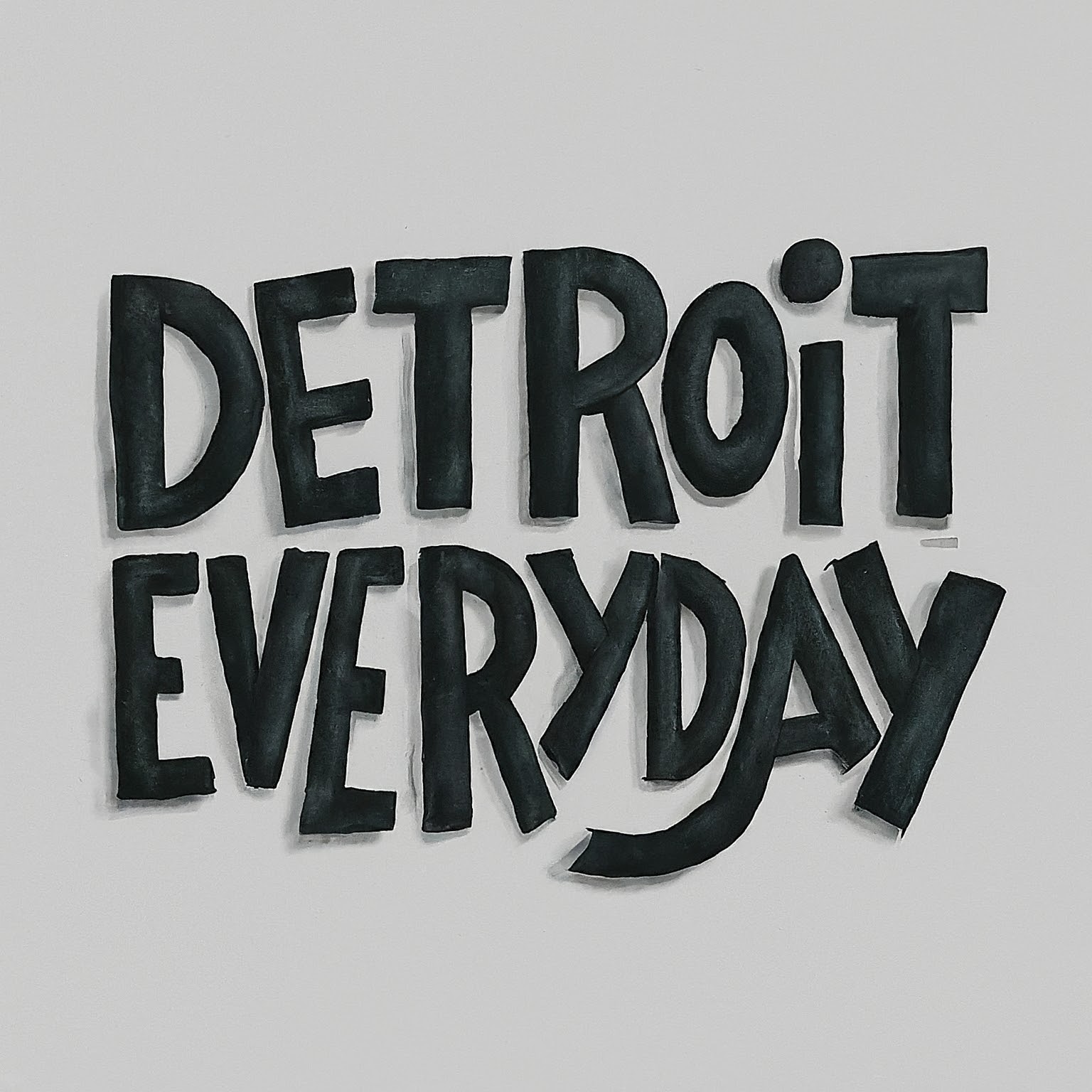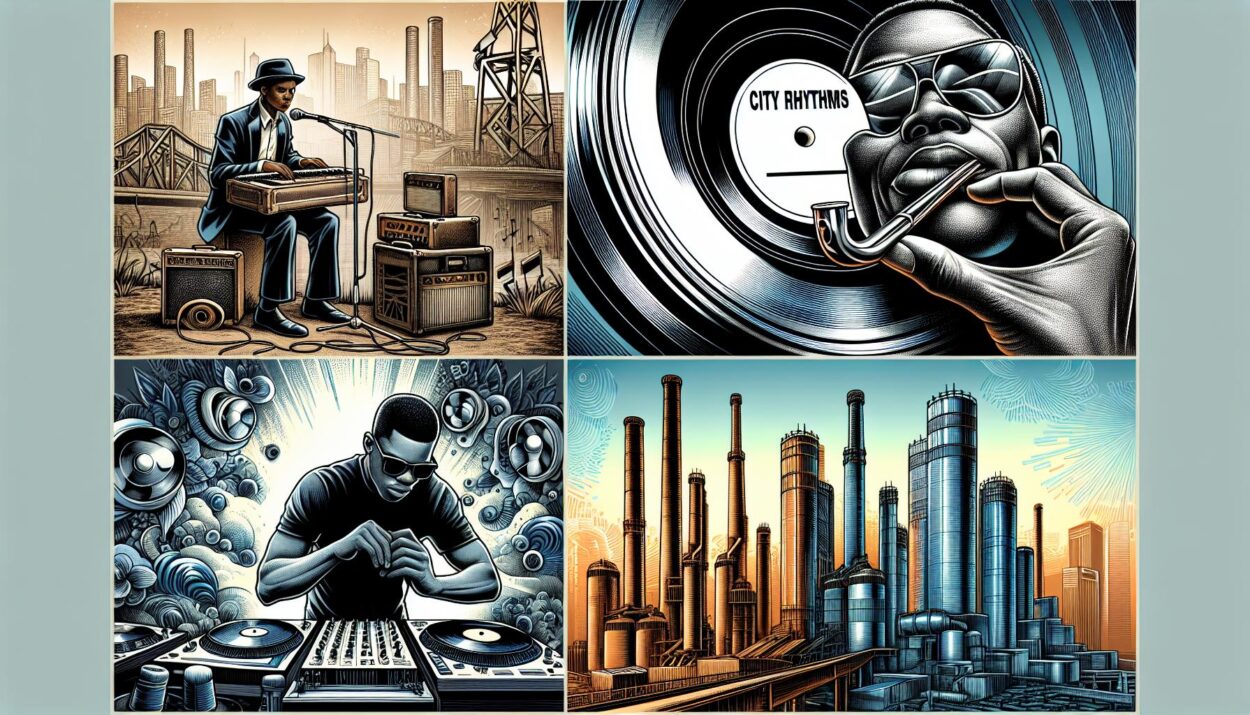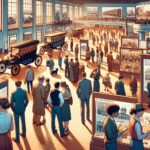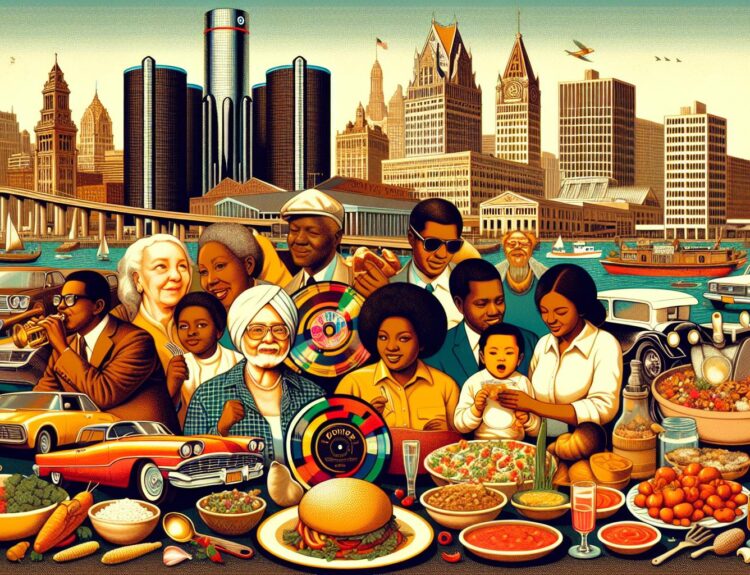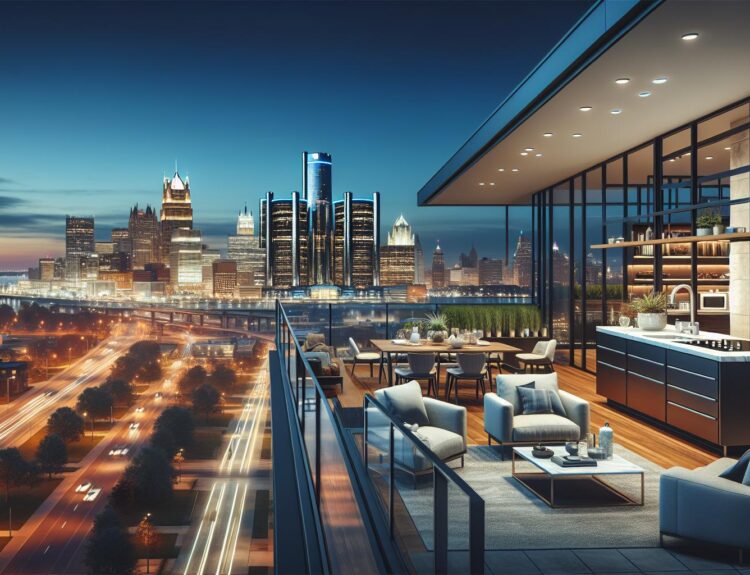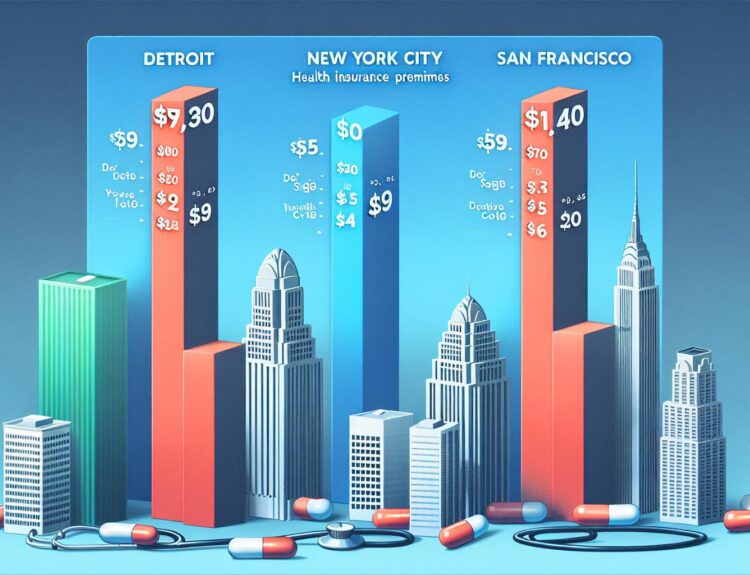Detroit’s music scene is a vibrant tapestry woven with the threads of history, innovation, and soul. It’s a city that doesn’t just make music; it breathes it, lives it, and exports it to the world with a signature flair that’s hard to miss. From the pulsating beats of Motown to the gritty riffs of garage rock, Detroit has been at the forefront of musical evolution, shaping the sounds of generations.
I’ve always been fascinated by how this city, known for its industrial prowess, became a crucible for musical geniuses. It’s a story of resilience, creativity, and community, where the rhythm of the assembly line met the harmony of human voices to create something truly magnificent. Join me as we dive into the history of the Detroit music scene, a journey through time that’s as compelling as the melodies that emerged from it.
Motown and the Birth of a Sound
When I first delved into Detroit’s music scene, I was mesmerized by the rich tapestry that unfolded. At the heart of it all was Motown, a sound that became synonymous with Detroit itself. It wasn’t just music; it was a movement, an undeniable force that left an indelible mark on the world’s musical landscape.
Motown Records, founded by Berry Gordy in 1959, was more than just a record label. It was a dream factory, turning out hits that would reverberate across generations. Gordy’s vision was to produce music that appealed to both Black and white listeners, and boy, did he succeed. The label’s approach was meticulous, with a focus on quality control and an assembly line of talent that included singers, songwriters, and musicians. This combination wasn’t just successful; it was groundbreaking.
The roster of Motown artists read like a who’s who of music legends – The Supremes, Marvin Gaye, The Temptations, and Stevie Wonder, to name just a few. Each artist brought their unique style, yet they all shared a distinctive sound that was unmistakably Motown. This “Sound of Young America” was a blend of soulful vocals, catchy melodies, and a beat that you couldn’t help but dance to.
What struck me most was how Motown mirrored Detroit’s ethos of hard work and innovation. Just like the city’s auto industry, Motown was efficient, productive, and ahead of its time. The music spoke of love, hope, and the longing for a better world, themes that resonated deeply during the civil rights movement.
| Year Founded | No. of #1 Hits | Iconic Artists |
|---|---|---|
| 1959 | 79 | The Supremes, Marvin Gaye, The Temptations, Stevie Wonder |
Through Motown, Detroit had firmly established itself as a musical powerhouse, influencing genres and artists far beyond its borders. This wasn’t just a record label; it was a cultural institution, shaping the soundtrack of the 60s and 70s and leaving a legacy that still influences artists today.
The Detroit Rock City: Garage Rock and Punk
Detroit, known worldwide for its influential Motown sound, holds another musical treasure that’s often overshadowed by its soulful predecessor. I’m talking about the raw, unfiltered energy of Detroit’s garage rock and punk scenes. This part of Detroit’s musical landscape is as rugged and industrious as the city itself, marking its place firmly in the annals of rock history.
In the late 1960s, while Motown was hitting its peak, another movement was brewing in the basements and garages of Detroit. Bands like The Stooges and the MC5 emerged, packing powerful, aggressive sounds that challenged the musical status quo. They weren’t just creating music; they were creating a revolution. Their sound was loud, their lyrics rebellious, and their performances, utterly electrifying. These bands laid the groundwork for what would later be known as punk rock.
The Stooges, led by the iconic Iggy Pop, were instrumental in this shift. They brought an intensity that was practically unheard of at the time, making it clear they were a force to be reckoned with. Meanwhile, the MC5’s mantra, “Kick out the jams,” became a rallying cry for the disenchanted youth, embodying the spirit of rebellion that defined the era.
As the 70s progressed, this spirit didn’t wane. Instead, it evolved. The garage rock and punk scenes in Detroit continued to thrive, underground but undeniably vibrant. New waves of bands took the baton, adding their own flavors and keeping the rebel spirit alive. This period nurtured talents like Suzi Quatro, who not only contributed to the garage rock genre but also paved the way for female musicians in rock and roll.
Detroit’s punk scene was more than just music. It was a counter-culture, a pushback against the mainstream, and an essential part of the city’s identity. Venues like the Grande Ballroom and the Gold Dollar became hallowed ground for punk enthusiasts, places where the community could come together and revel in their shared love for raw, unapologetic rock music.
The Techno Revolution: Detroit’s Electronic Music Scene
As I continued to explore the vibrant history of Detroit’s music scene, I couldn’t overlook the groundbreaking shift that occurred in the late 1980s and early 1990s. This period marked the birth of Detroit Techno, a genre that not only redefined electronic music but also established Detroit as a global powerhouse in the music industry once more.
Detroit Techno emerged from a blend of funk, electronic jazz, and electro-pop sounds, infused with futuristic themes and beats that made it stand out. Pioneers like Juan Atkins, Derrick May, and Kevin Saunderson, often referred to as the “Belleville Three,” were instrumental in crafting the sound that would come to define this genre. They experimented with new digital instruments, creating a unique musical landscape that was both innovative and infectious.
| Pioneer | Known For |
|---|---|
| Juan Atkins | “The Originator” of Detroit Techno |
| Derrick May | “The Innovator” known for complex rhythms |
| Kevin Saunderson | “The Elevator” for elevating the sound |
The impact of Detroit Techno went beyond the city’s boundaries. It quickly caught the attention of European audiences, particularly in the UK and Germany, where it was embraced and celebrated in clubs and raves. This international success helped to cement Detroit’s reputation as a crucible of musical innovation.
Detroit’s electronic music scene was not just confined to the boundaries of Techno. The city also birthed related genres like Ghettotech and Electro, further showcasing the region’s versatility and creative spirit. Venues like The Music Institute played a crucial role, serving as both a meeting ground for the Techno community and a launchpad for upcoming artists.
The influence of Detroit Techno is undeniable. It paved the way for future electronic music subgenres and inspired countless artists around the globe. The sound of Detroit continues to evolve, but the pioneering work of its Techno icons remains a monumental chapter in the city’s musical history. The legacy of the Belleville Three and the innovative sounds that echoed from Detroit’s studios have left an indelible mark on the world of music.
Resurgence and Reinvention: Contemporary Music in Detroit
In the years following the techno revolution, I’ve watched Detroit’s music scene undergo a fascinating transformation. This resurgence isn’t just a revival; it’s a reinvention. Contemporary artists from Detroit are crafting a new identity, blending traditional sounds with modern influences, and in doing so, they’re putting the city back on the map in an entirely fresh way.
One aspect of this reinvention that’s particularly close to my heart is how local musicians are mixing genres. They’re not just sticking to techno; they’re experimenting with hip-hop, jazz, and even indie rock, creating a rich tapestry of sounds that pays homage to Detroit’s musical legacy while pushing boundaries. This innovative approach has given rise to a vibrant underground scene, where artists can experiment and collaborate in ways that were unimaginable a few decades ago.
Meanwhile, the impact of social media and streaming platforms cannot be understated. These tools have empowered Detroit artists to reach global audiences without leaving their home city. Now, a track created in a basement in Detroit can go viral overnight, bringing international attention to the artist and the city’s evolving music scene.
Venues play a crucial role in this narrative of resurgence. Spaces like El Club and The Marble Bar have become cultural hubs, fostering a sense of community and connecting artists with fans in intimate settings. These venues are more than just places to listen to music; they’re incubators for the city’s creative talents, offering them a platform to showcase their work and grow their fanbases.
Engagement with the Community has been another vital element in the resurgence of Detroit’s music scene. Many artists and collectives are deeply involved in local issues, using their music as a tool for advocacy and change. This commitment to community has helped build a strong, supportive network among artists and fans alike, creating a music scene that’s not just about entertainment but also about empowerment and social impact.
As I continue to explore the contemporary music scene in Detroit, I’m constantly amazed by the talent and creativity that’s flourishing here. It’s clear that while Detroit has a rich musical history, its future is just as promising. The city’s musicians are not just keeping the legacy alive; they’re redefining it, ensuring that Detroit remains a vital center for music innovation.
Detroit Music Scene: A Legacy of Innovation and Resilience
When I first delved into Detroit’s music history, I was astounded by the depths of its richness and diversity. This city, often dubbed the “Motor City,” harbors a music legacy that’s arguably as influential as its automotive history. From Motown to hip-hop and techno, Detroit’s music scene has been a beacon of innovation and resilience.
The heart of Detroit’s music story might begin with Motown Records, founded by Berry Gordy Jr. in 1959. This iconic label brought us legends like Stevie Wonder, The Supremes, and Marvin Gaye. Motown’s Sound, characterized by catchy melodies and intricate arrangements, not only dominated the airwaves but also played a pivotal role in breaking down racial barriers in music.
But Detroit’s musical influence didn’t stop there. As the years went on, the city became a crucible for emerging genres. In the late 1980s and early 1990s, Detroit gave birth to techno music, a genre that would go on to captivate the world. Pioneers like Juan Atkins, Derrick May, and Kevin Saunderson, often referred to as the “Belleville Three,” crafted a sound that was both futuristic and deeply rooted in the city’s gritty, industrial backdrop.
| Year | Genre | Notable Artists |
|---|---|---|
| 1959-1970s | Motown | Stevie Wonder, The Supremes |
| 1980s-1990s | Techno | Juan Atkins, Derrick May |
Yet, Detroit’s musical landscape is more than just its globally recognized genres. The city’s underground scene has always been vibrant, encompassing everything from jazz and blues to punk and indie rock. Venues like the Majestic Theatre and Saint Andrews Hall have nurtured countless local acts, providing a stage for artists to experiment and grow.
Moreover, Detroit’s music scene has shown remarkable resilience in the face of economic downturns. When many wrote the city off, local musicians and dedicated enthusiasts worked tirelessly to keep the music alive. They’ve organized festivals, utilized social media to widen their reach, and created inclusive spaces that welcome diverse sounds and audiences.
Conclusion
Detroit’s music scene has always been more than just a collection of genres; it’s a reflection of the city’s spirit and resilience. From the groundbreaking era of Motown to the innovative waves of techno and beyond, it’s clear that Detroit has made an indelible mark on the world’s musical landscape. The city’s ability to evolve musically while fostering a sense of community among artists is truly inspiring. I’ve loved exploring how Detroit’s unique blend of sounds continues to influence and shape music globally. Here’s to the next chapter in Detroit’s musical journey—I can’t wait to see where it takes us.
